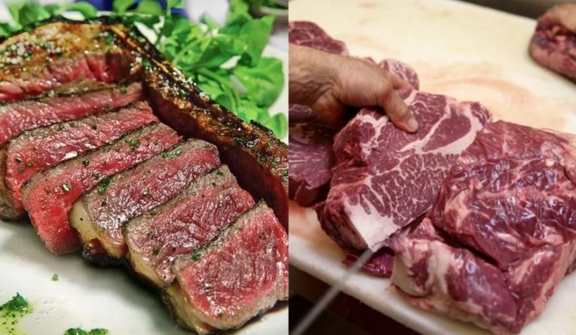
Although many people enjoy indulging in a medium-rare, juicy steak, some find it unappealing.
Numerous individuals assume that the sight of blood-like liquid oozing out of the meat when it's cut into is unappetizing.
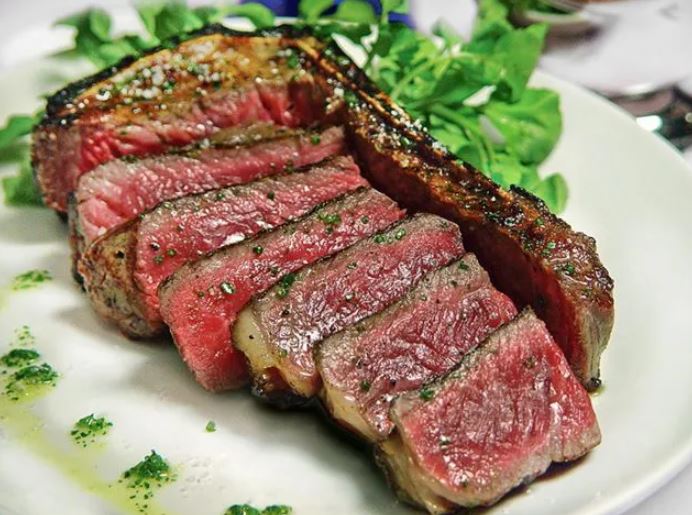
Meanwhile, the red fluid in the meat packaging might also look unsettling. However, don't worry, the liquid in the meat and on your plate after cooking is not blood as you might think.
The red liquid you see in raw meat is, in fact, myoglobin—a protein found exclusively in muscle tissue. Its primary role is to transport oxygen through the muscle, giving it the characteristic red color.
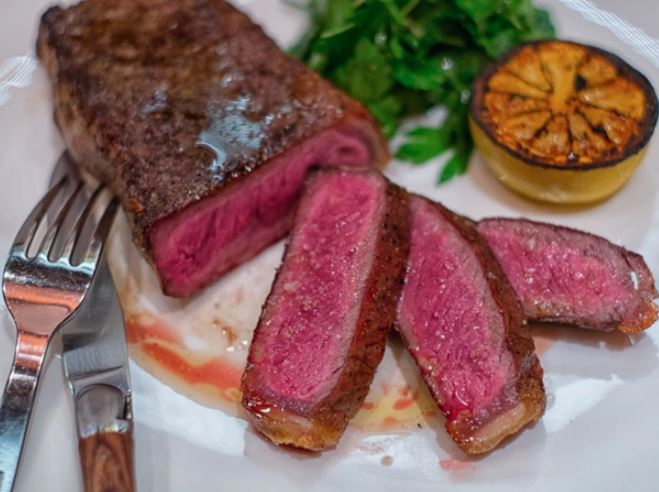
This protein turns red when the meat is cut and black when heated.
Researchers have confirmed that 70% of meat is water, and the substances we see coming out of meat are water, myoglobin, and other pigments. There is not a drop of blood in the flesh. The fluid observed is gravy, indicating that the meat has been cooked
As the steak is cooked, myoglobin undergoes changes, resulting in a darker appearance. For well-done meat, the color tends to be grayer.
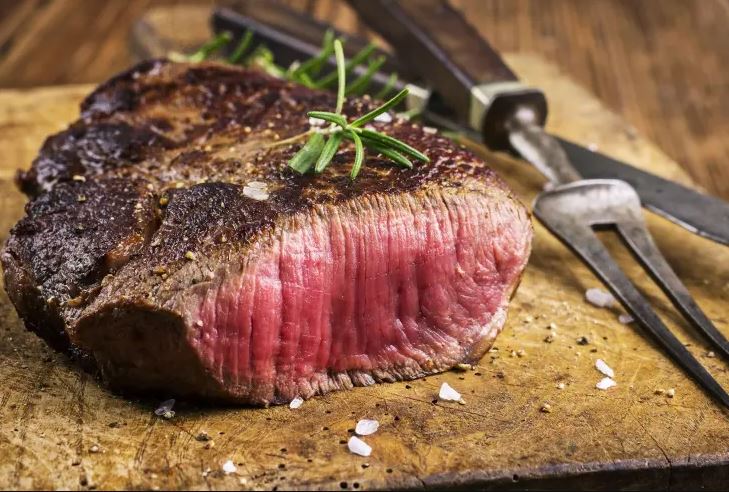
Additionally, commercial meat packers use carbon monoxide to preserve the fresh red color of myoglobin in raw steaks.
These steaks, with their vibrant red appearance, may now seem more appetizing since it's not actually blood but myoglobin that contributes to their color, keeping them looking nice and fresh.
Additionally, the color of the meat changes when we cook it. Therefore, the meat will be bright red when heated to 60°C; if left at 60°C - 70°C, the meat will turn pink. The meat will be fully grey if cooked at > 70°C.
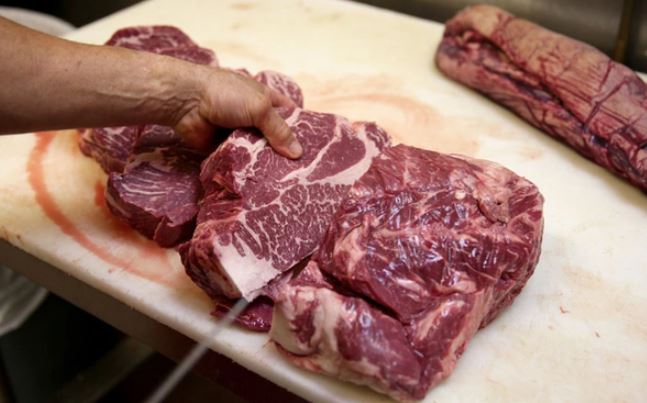
However, the USDA recommends that we cook meat at a temperature of at least 63°C and then let it sit for about 3 minutes before serving to avoid harmful bacteria.




